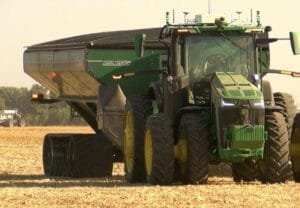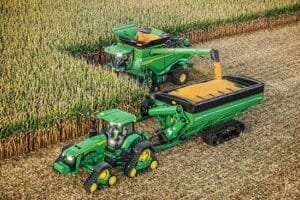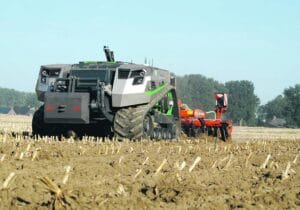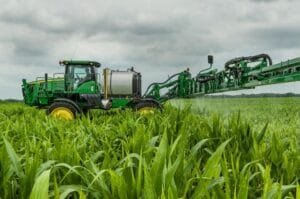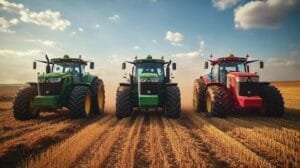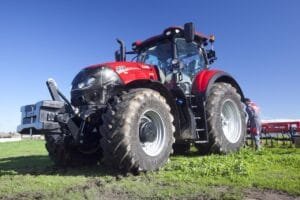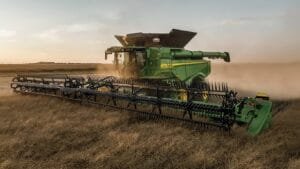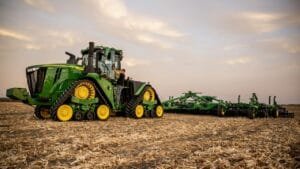The agricultural sector is witnessing a meaningful transformation with the integration of autonomous technology in farm equipment. Modern autonomous tractors combine GPS guidance, sensors, and artificial intelligence to perform various farming tasks with minimal human intervention. These self-driving machines are becoming increasingly available to farmers worldwide, offering solutions to labour shortages and precision farming demands. This article examines the leading autonomous tractor models currently available in the market, their key features, and how they’re reshaping traditional farming practices. Agriculture’s technological revolution has ushered in a new era of intelligent machinery, with several manufacturers offering sophisticated autonomous tractors that streamline farming operations. John Deere’s 8R series stands at the forefront, featuring their fully autonomous system that operates without a driver. These machines utilize six pairs of stereo cameras and advanced GPS technology to navigate fields with remarkable precision while avoiding obstacles.
Case IH’s Autonomous Concept Vehicle represents another milestone in driverless farming technology. This cabless tractor employs radar, LiDAR, and onboard video cameras to work around the clock, maximizing productivity during crucial planting and harvesting windows. Farmers can monitor and control operations remotely through a desktop or tablet interface.
New Holland’s NHDrive autonomous technology, implemented in their T8 series tractors, maintains the traditional cabin design while offering fully autonomous capabilities. This hybrid approach allows for both driverless operation and conventional manual control when needed. The system’s intelligent path-planning algorithms optimize field coverage and reduce soil compaction.
AGCO’s Fendt introduces the GuideConnect system, where a lead tractor operated by a driver controls a second driverless tractor that mirrors its movements.This master-slave configuration proves particularly effective for operations requiring multiple machines working in tandem, such as tillage and planting.
Kubota’s concept autonomous tractor employs artificial intelligence to analyze soil conditions and adjust implements automatically. The machine’s advanced weather monitoring system enables it to make real-time decisions about field operations based on environmental conditions.
Yanmar’s autonomous tractor lineup features their Smart Assist Remote technology, allowing for unmanned operation while maintaining thorough safety protocols. These machines excel in specialty crop applications and smaller field operations.
Mahindra’s precision farming solutions incorporate autonomous capabilities in their larger tractors, utilizing AI-driven decision-making systems to optimize resource utilization and improve yield potential. Their machines feature advanced soil monitoring sensors that adjust operating parameters in real-time.These autonomous systems typically offer programming flexibility through user-amiable interfaces, allowing farmers to customize operations based on specific field requirements.Common features include automatic implement adjustment, variable rate application capabilities, and real-time data collection for precision agriculture applications.
Safety remains paramount, with each manufacturer implementing multiple redundant systems including proximity sensors, emergency stop mechanisms, and geofencing capabilities. Most models maintain constant communication with base stations and can automatically respond to unexpected obstacles or changing conditions.The integration of these autonomous tractors with existing farm management systems enables seamless data flow between machines and decision-support platforms. This connectivity facilitates improved planning, resource allocation, and operational efficiency while providing detailed documentation of all field operations.
Pricing for these autonomous solutions varies significantly, with most manufacturers offering tiered options ranging from basic autonomy packages to fully integrated systems. Many companies provide flexible financing options and comprehensive training programs to help farmers transition to autonomous operations.

